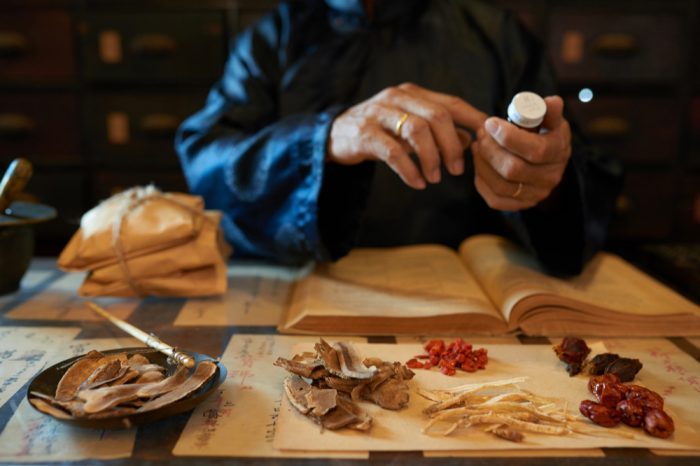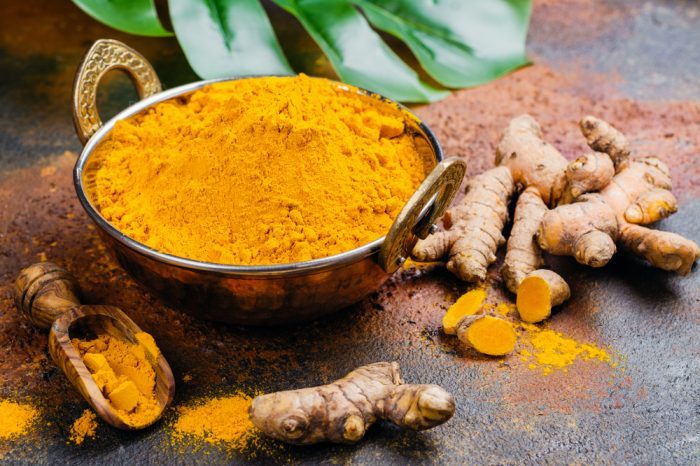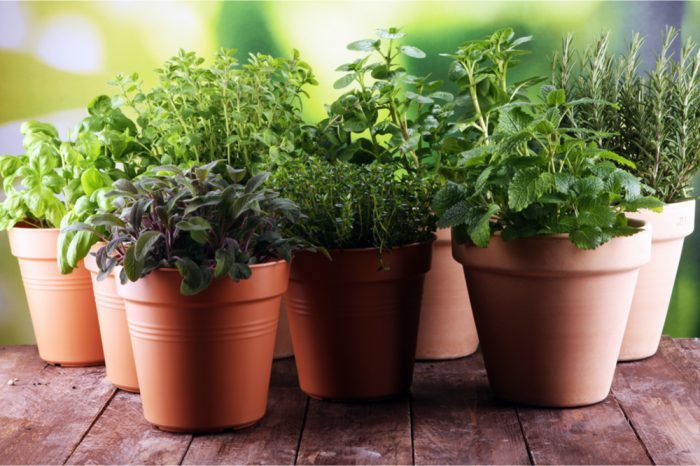Patients are taking a grassroots approach to minor ailments, and this means reviving some ancient remedies
What do you do when your medicine cabinet is running low? Most people find it easiest to head to the drugstore to stock up on the essentials. From headaches to minor burns to cold and flu, everything you need is right there in front of you. But what if there were other options for the little things? Like ancient remedies with science behind them?
If you have a prescription for medicinal cannabis, that’s an excellent start to your herbal medicine cabinet. Cannabis has been used medicinally for thousands of years in Chinese medicine, ancient Ayurvedic practices, and across North America. So, it makes sense to have a few hard candies handy or cannabis capsules for when you need potent pain relief or sleep aid.
Beyond cannabis, there are many other all natural herbal alternatives for your medicine cabinet. Midwives and herbalists have long used these alternatives. Naturopaths of today follow in their footsteps.
Herbalists often put together herbal first aid kits, but these are expensive to buy. However, with the right list, it’s simple enough to design one of these at home for yourself. Here are a few suggestions about what an herbal medicine cabinet could look like, and the pharmaceuticals that can be replaced.

Cannabis as on of the Ancient Remedies
Cannabis should be the very first item on your shopping list because of its various applications for health and wellness. Keep in mind that cannabis doesn’t stay fresh forever, so you won’t want to stock up fresh flower. Instead look for long-lasting and shelf-stable edibles (candies, lollipops) or capsules.
What can you take cannabis for? It’s probably better to ask, “What can’t you take it for?” In your herbal first aid kit, studies have found it may be efficient at managing chronic inflammation, headaches and migraines, muscle pain, joint soreness, and insomnia. In fact, you can probably get rid of your over-the-counter pain meds entirely by having a few medium dose edibles on hand.
St. John’s Wort
Long ago, St. John’s wart was a key ingredient within witch spells and magical elixirs. Today, it’s still a ‘magical’ compound with proven antidepressant capabilities. The primary compound tied to the plant’s antidepressant properties is called hyperforin. As a 2004 study points out, “Hyperforin has been shown to inhibit, like conventional antidepressants, the neuronal uptake of serotonin, norepinephrine and dopamine.”
Furthermore, there have been several well-documented studies (double-blind, placebo-controlled) that demonstrate it is “just as effective as the other antidepressants for mild and moderate depression, but not for severe depression.”
If you are planning to use St. John’s Wort to treat your depression, speak with your doctor first. It plays a valuable role in a holistic approach to mental health, but getting professional direction is equally as important. Take St. John’s Wort as a tea or in a capsule form.

Garlic
Garlic is a spicy and potent culinary herb, with applications far beyond the kitchen. It is also one of many ancient remedies hidden in plain sight. Its major use is immune support and some research suggests it is a natural antibiotic. Although you might want to keep organic garlic in your kitchen, not the medicine cabinet, it’s a handy medicine to have on hand. You can also buy garlic capsules, which have a much longer shelf life.
In the literature, garlic has been called a promising “broad-spectrum therapeutic agent.” We’d suggest making garlic broth during cold and flu season, and a study in 2001 suggested that garlic ear drops are effective for ear and sinus infections. If using fresh garlic, crush or chop the cloves to release the medicinal properties before consumption. Crushing garlic 15 minutes before use releases the powerful allusion compound.
Ginger
Ginger is a useful culinary spice to have on hand during cold and flu season. Like many other plants on this list, it has a lengthy history within traditional medicine. It is still used to treat many of the same health issues, including colds, nausea, arthritis, migraines, and hypertension.
If you have fresh ginger, ginger capsules, or ginger chews on hand, you might never need another Gravol again. Ginger can sooth traveler’s tummy or sea sickness without any pharmaceuticals. During the winter months, you can combine ginger with other ingredients like honey, lemon, and turmeric for an immune-boosting elixir.

Eucalyptus
If you love Vick’s Vapor Rub or tiger balm, an alternative is eucalyptus oil. It’s a common ingredient in steam rooms and loved around the world for its ability to soothe respiratory issues. During peak cold and flu season, make your own chest rubs with a few drops of eucalyptus. You can also do an at-home towel steaming session, with a few drops in a bowl of boiling water.
Eucalyptus helps to relax the respiratory system (think asthma, bronchitis, etc.). But it can also help headaches. Use a few drops within an aromatherapy diffuser, and within thirty minutes, your headache should ease up.
How Practical is the Adage ‘Plants Not Pills’?
You often don’t have to compromise effectiveness when you swap out pharmaceuticals for minor ailments. And while many pharmaceuticals are derived from the natural compounds, the science that goes into developing an effective drug goes well beyond that. There is an important place for pharmaceuticals in healthcare and this is true no matter your mistrust of Big Pharma. A lot of keen minds pour their talents into saving lives with pharmaceutical drugs. But, the next time you have a minor headache or sleeplessness, perhaps cannabis would be enough.
What plants do you already use as an herbal alternative to over-the-counter meds? Are there any ancient remedies are you looking to try? Next time you have minor aches and pains, or signs of a cold — the efficacy of a plant, like a little garlic or a dose of cannabis may surprise you.





